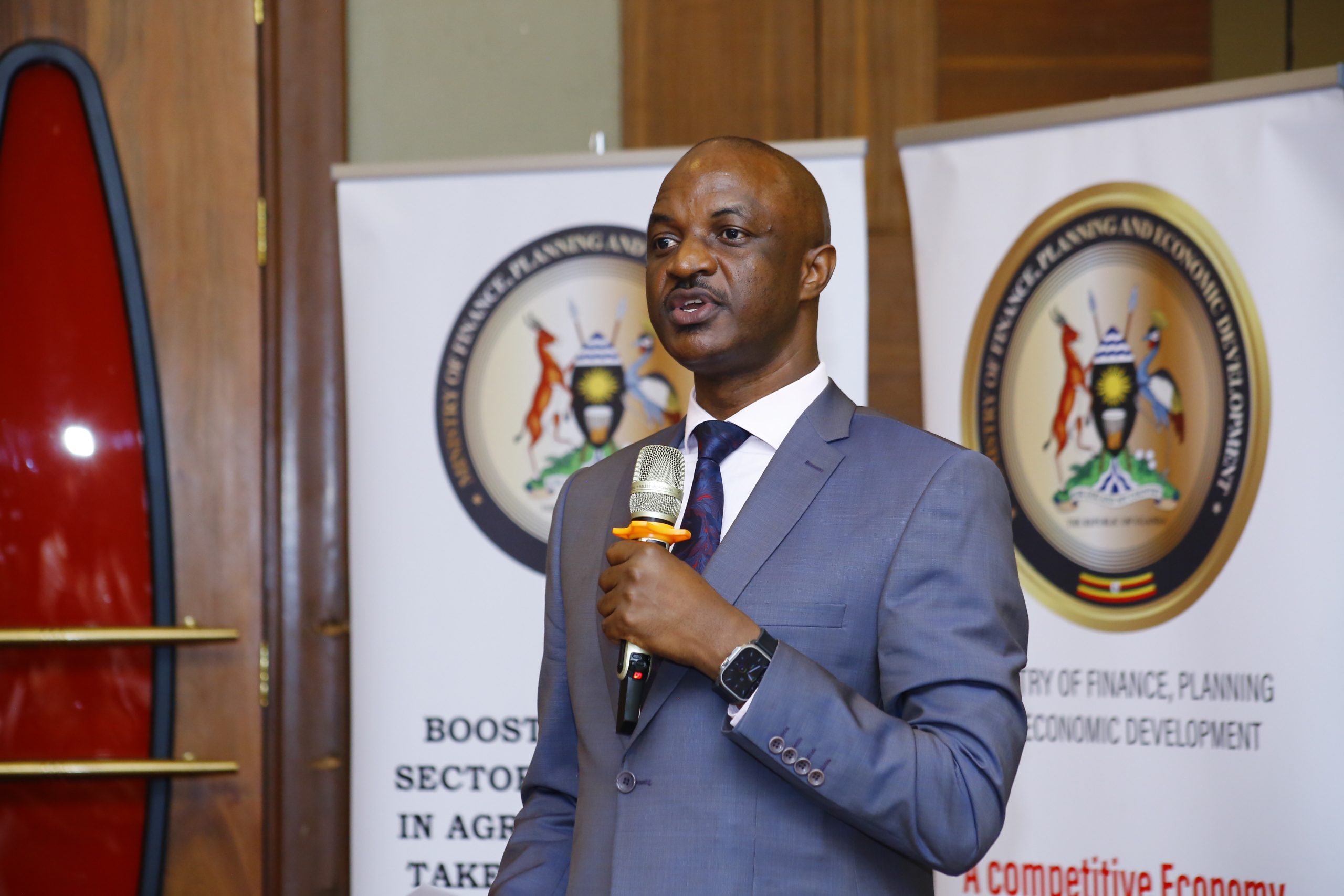In the realm of economics, few acronyms carry as much weight as GDP (Gross Domestic Product). It’s the bedrock upon which nations gauge their economic prowess, and for good reason. But for many, especially those not versed in economics, the significance of GDP may seem distant, even irrelevant to their everyday lives.
Ramathan Ggoobi, an expert in the field, sheds light on why GDP matters, and why it should matter to you.
GDP, simply put, is the monetary value of all final goods and services produced within a country’s borders over a specific period, typically a year. While it may seem like a mere abstract figure, its implications are deeply intertwined with our daily existence.
Imagine waking up each morning, stepping out into a world where everything you see, touch, and experience has been shaped by the ebbs and flows of economic activity. From the clothes on your back to the device in your hand, from the food on your plate to the roof over your head, GDP influences the availability and quality of these essentials.
But why the obsession with GDP? Ggoobi breaks it down into three fundamental aspects:
Freedom of choice
Self-esteem
Income.
These pillars form the foundation of human happiness, and GDP, despite its limitations, plays a crucial role in bolstering them.
Freedom of choice touches many things, including basic ones like; the type of meal
one may afford or not, as well as being free from misery, ignorance, and dogmatic
beliefs.
Self-esteem is about one feeling ‘complete’ as a person, or having a sense of respect,
recognition and not have a feeling of being used as a tool by others for their own
ends.
For income or money, we all know how important it is. It is the grease that lubricates
the wheels of our daily lives by enabling us to meet the basic needs of life in a
sustainable way and with reasonable flexibility.
Moreover, GDP growth isn’t just about material possessions; it’s about societal progress. As economies expand, so too do opportunities for personal and collective advancement. Education, healthcare, infrastructure – these essential components of societal well-being are fueled by economic growth.
GDP growth signals potential. It’s a signal to entrepreneurs and investors that demand is on the rise, presenting lucrative opportunities for expansion and innovation. For businesses small and large, a growing GDP signifies a thriving market ripe for exploration.
Yet, the journey to economic prosperity is not without its challenges. In Uganda, as in many developing nations, the transition from subsistence to a fully-monetized economy is a complex endeavor. It requires concerted efforts to unlock the potential of all citizens, empowering them to participate meaningfully in the economic landscape.
Most of the goods we often take for granted make more sense when we can’t find or
afford them. That piece of soap at home, the light at night, the water running through
the taps, that toilet paper roll, that food you can now afford to leave on the plate and
trash away, the education you acquired to make you qualified to be (temporarily)
unemployed but not unemployable, etc.
When we tell you that Uganda’s GDP has grown by 5.2% (like it did last year), we
mean that the quality and availability of those goods and services to care about has
increased. It means Uganda now has more food, more public infrastructure (paved
roads, electricity, internet cables etc.), or generally more money for Ugandans.
For policymakers and business leaders alike, the pursuit of GDP growth must be coupled with a commitment to socioeconomic transformation. This entails fostering an environment conducive to entrepreneurship, investing in human capital, and bridging the gap between rural and urban economies.
As Ggoobi aptly puts it, the next time you hear about GDP growth, understand that it’s not just a number; it’s a reflection of your material well-being and that of your community. Embrace the narrative of economic progress, for in it lies the promise of a brighter future for all.


















